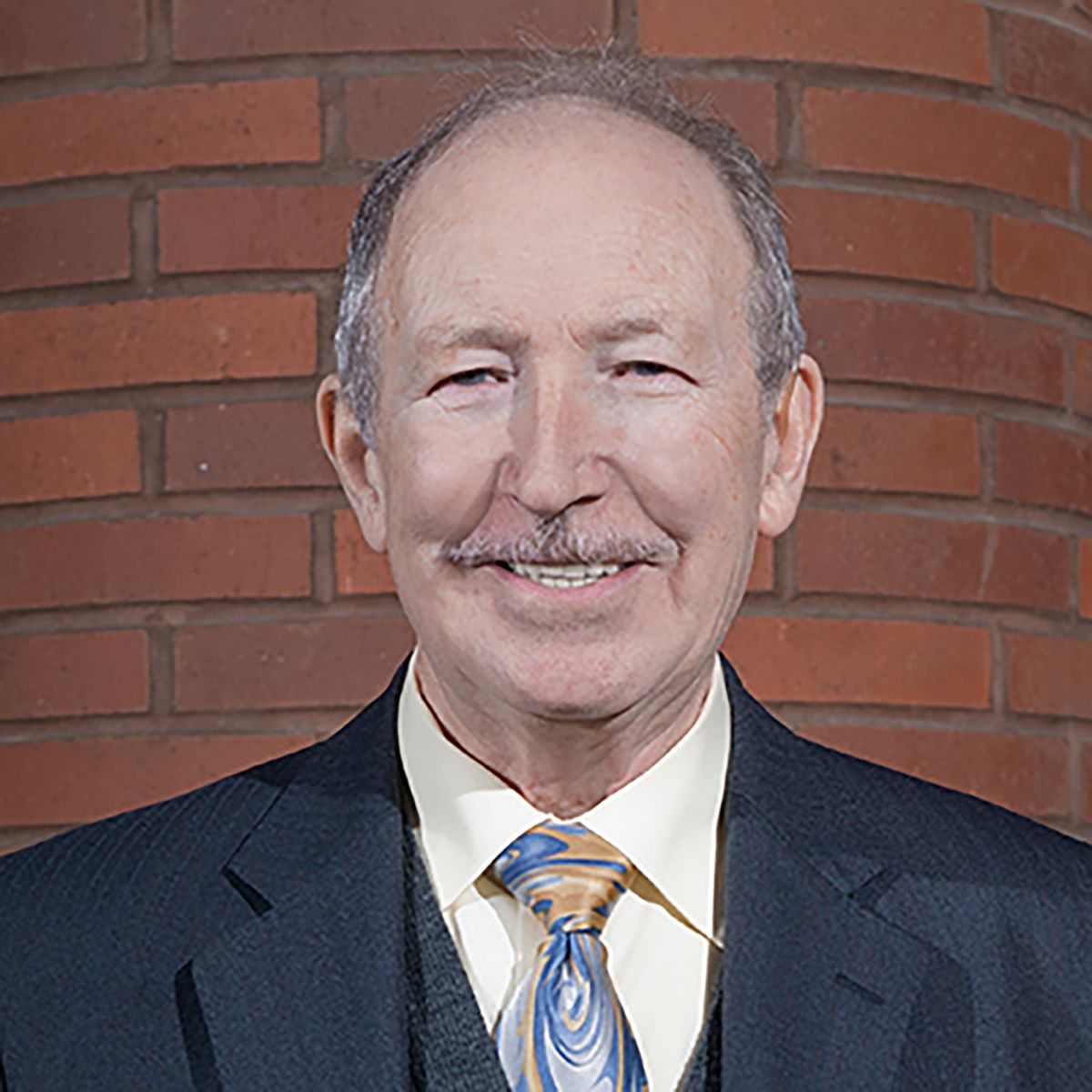In memoriam: John Edmond
John Edmond, an emeritus professor of biological chemistry at the David Geffen School of Medicine at the University of California, Los Angeles, died Feb. 18 at age 85. He had been a member of the American Society for Biochemistry and Molecular Biology since 1974.

Edmond was born Jan. 21, 1937, in the village of Fintry, in central Scotland. He went to Glasgow to earn his undergraduate degree and Ph.D. in chemistry, and spent some time as an assistant lecturer at the University of Glasgow. He studied lipids in a basic research lab at Shell Oil in England for several years before being recruited in 1968 to join the biological chemistry department at UCLA.
Edmond remained active in research for more than 30 years, studying developmental neurobiochemistry. He was interested in the need for nutrients to fuel rapid brain growth in newborns; his lab studied neonatal rats and cultured neurons and astrocytes to understand these nutritional demands. Later in his career, he studied the effects of carbon monoxide on the developing brain, demonstrating that even at levels that were then recognized as safe, the gas could permanently damage neurons and cause hearing loss.
"No task was too small to recruit his help," colleagues in his department recalled in an article they wrote about Edmond in March. His commitment to service encompassed years he spent volunteering in many capacities on the university's academic senate, including as chair, along with National Institutes of Health study sections and the editorial board of the Journal of Neuroscience Research.
Edmond is survived by his wife, Lorna; two children; and four grandchildren.
Enjoy reading ASBMB Today?
Become a member to receive the print edition four times a year and the digital edition monthly.
Learn moreGet the latest from ASBMB Today
Enter your email address, and we’ll send you a weekly email with recent articles, interviews and more.
Latest in People
People highlights or most popular articles

Building a career in nutrition across continents
Driven by past women in science, Kazi Sarjana Safain left Bangladesh and pursued a scientific career in the U.S.

Kiessling wins glycobiology award
She was honored by the Society for Glycobiology for her work on protein–glycan interactions.

2026 ASBMB election results
Meet the new Council members and Nominating Committee member.

Simcox wins SACNAS mentorship award
She was recognized for her sustained excellence in mentorship and was honored at SACNAS’ 2025 National Conference.

From humble beginnings to unlocking lysosomal secrets
Monther Abu–Remaileh will receive the ASBMB’s 2026 Walter A. Shaw Young Investigator Award in Lipid Research at the ASBMB Annual Meeting, March 7-10 in Washington, D.C.

Chemistry meets biology to thwart parasites
Margaret Phillips will receive the Alice and C. C. Wang Award in Molecular Parasitology at the ASBMB Annual Meeting, March 7-10 in Washington, D.C.

